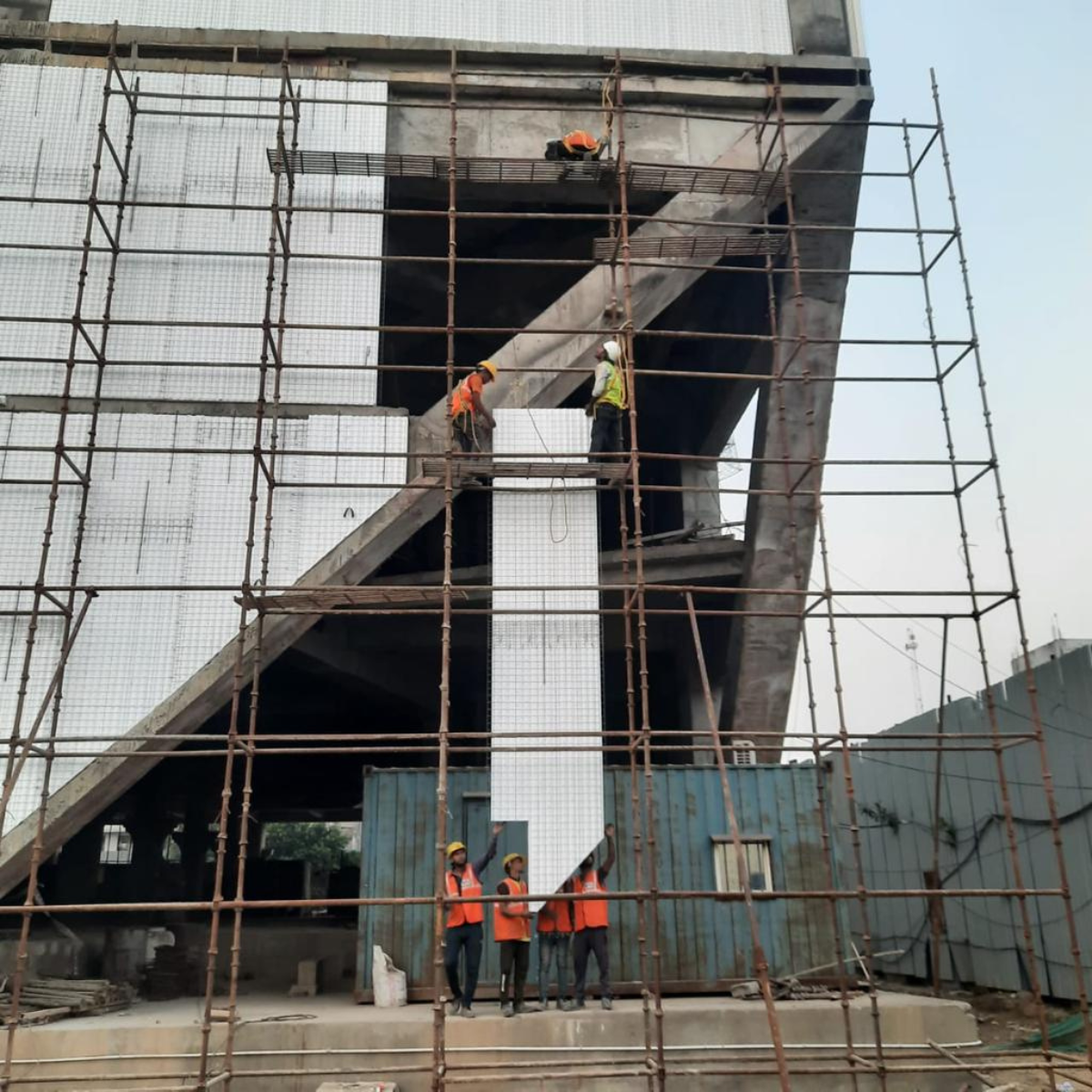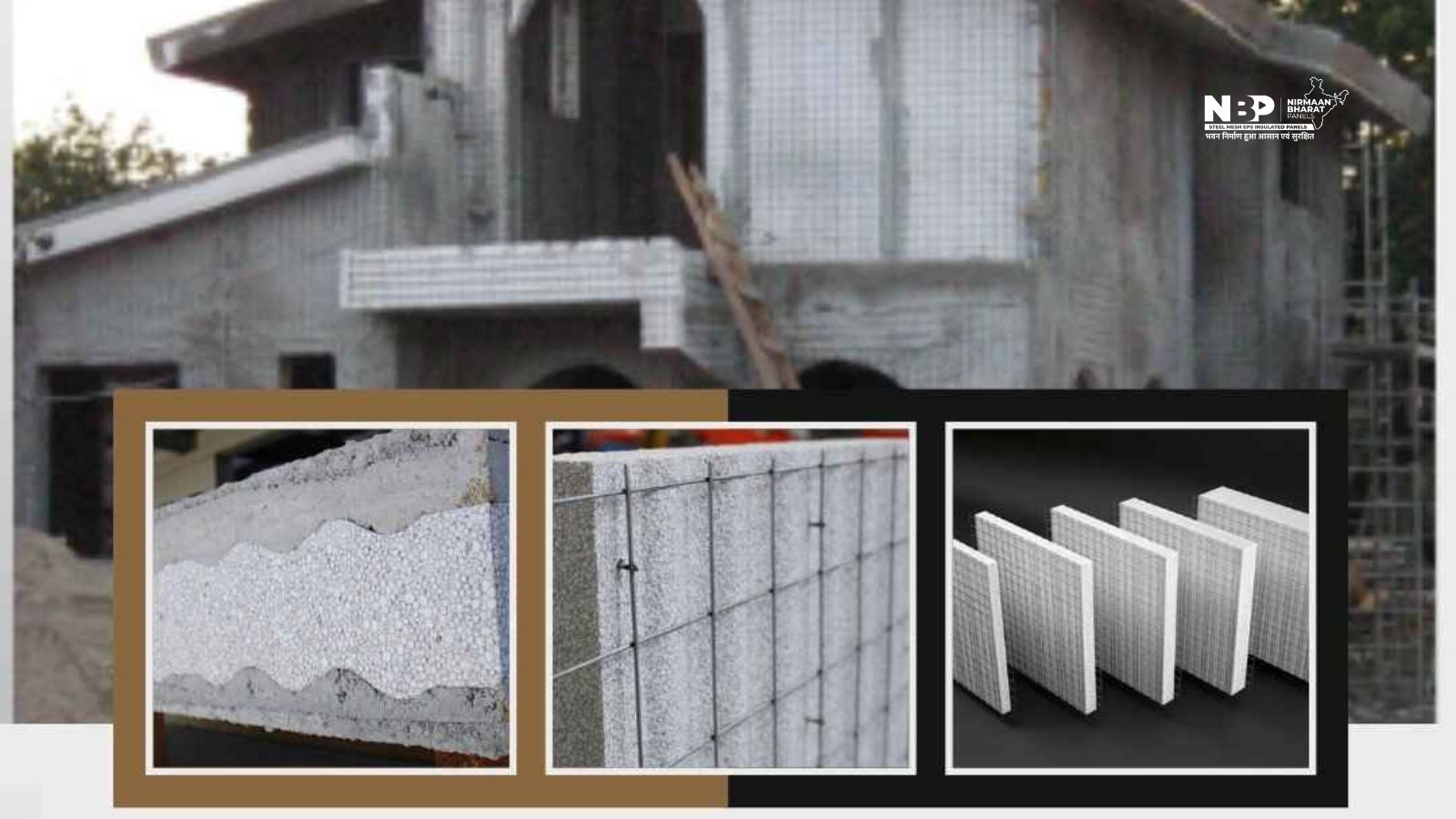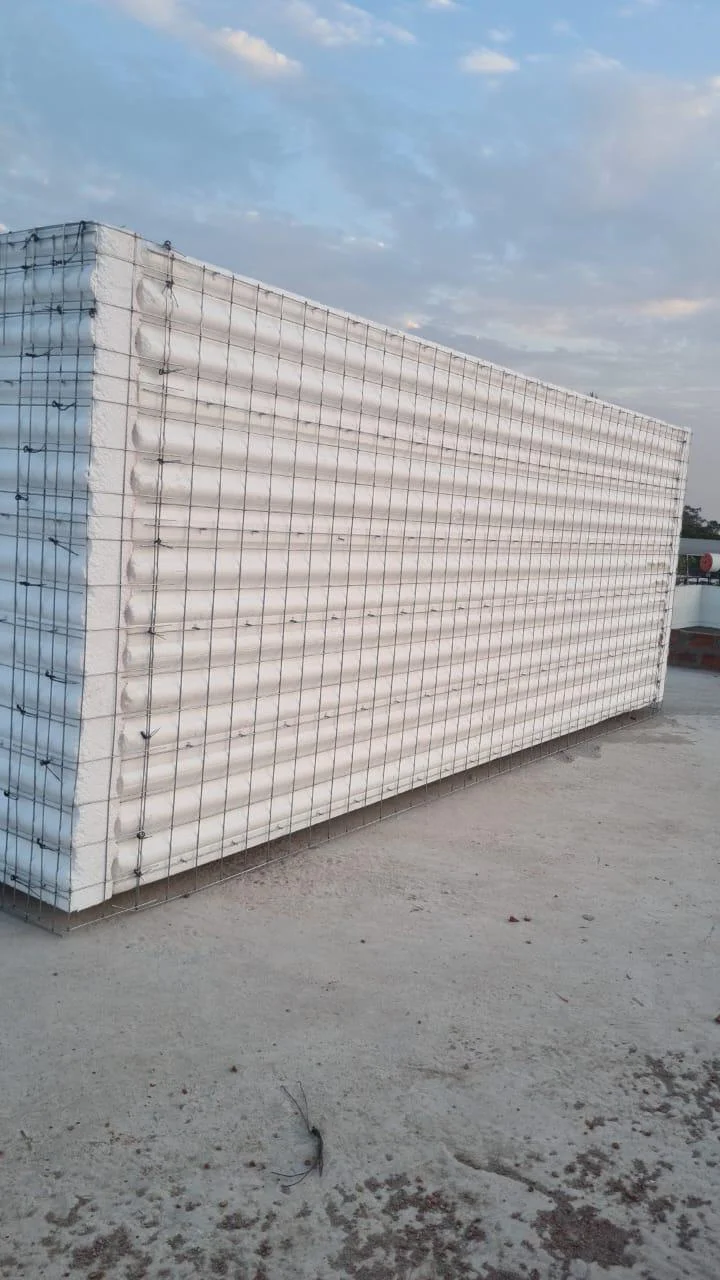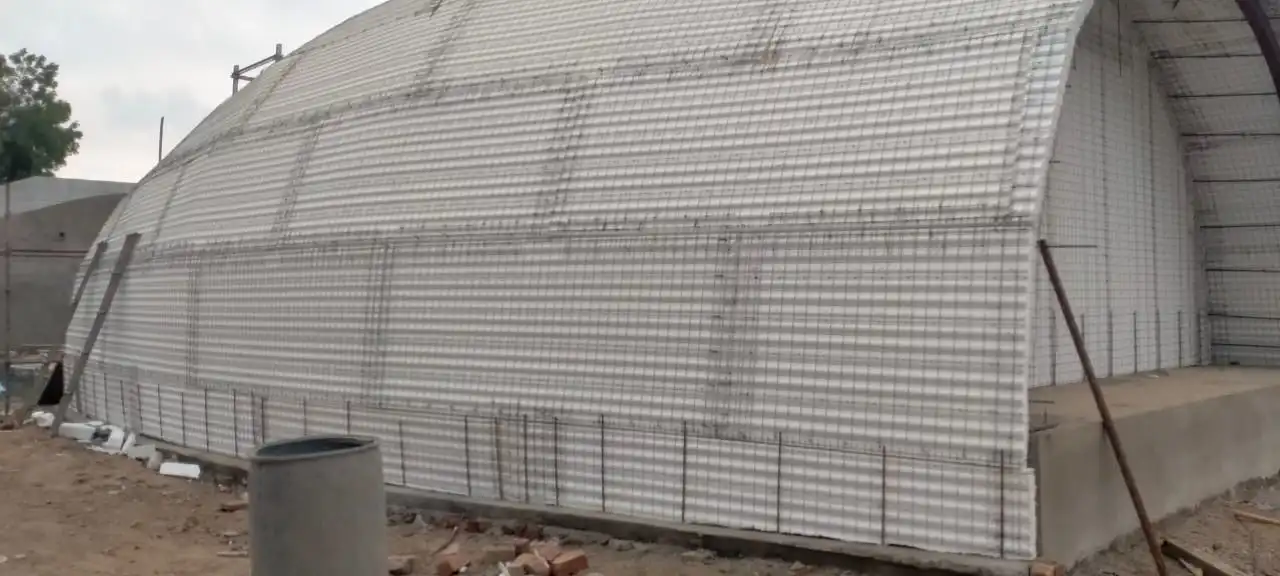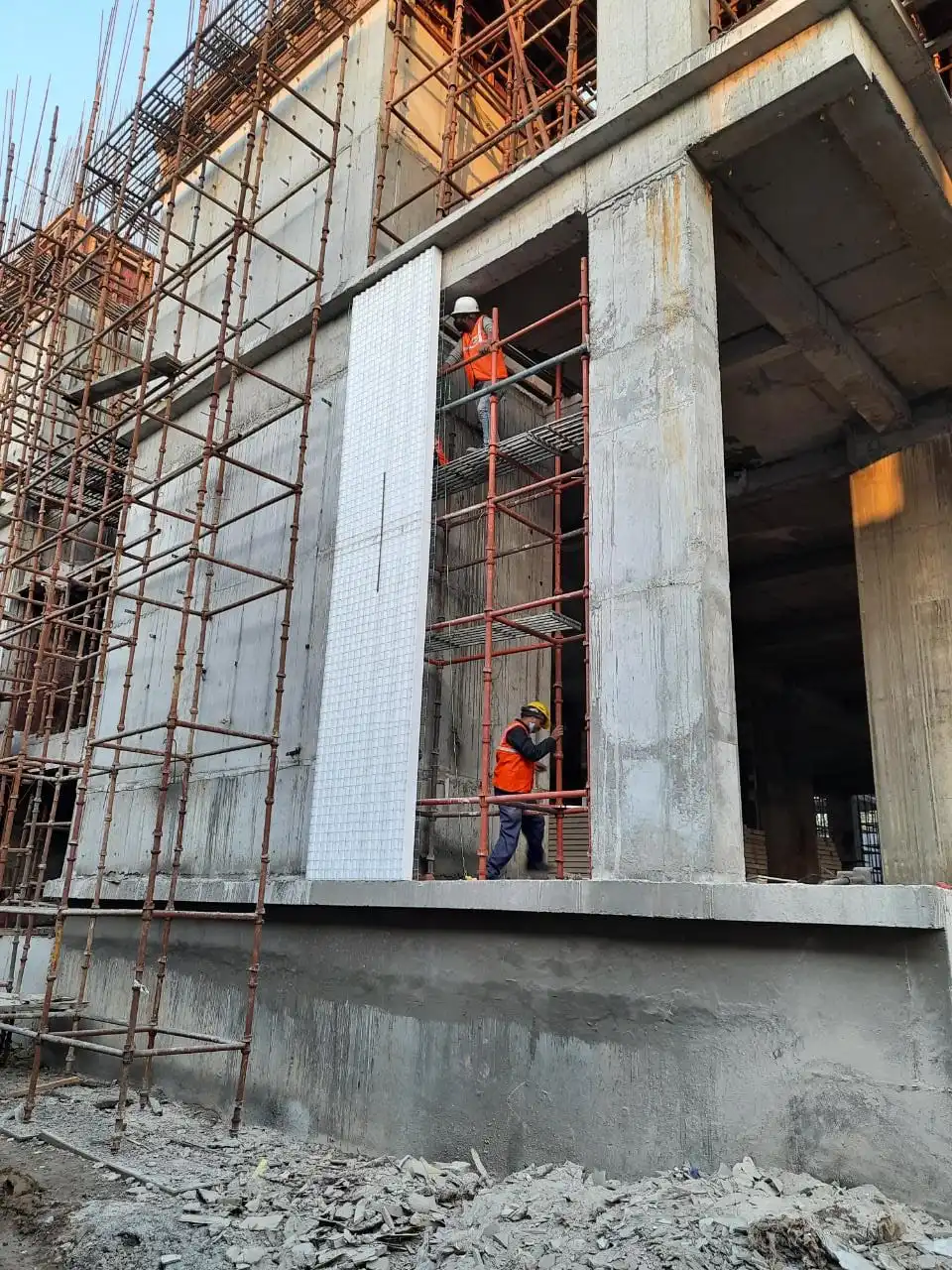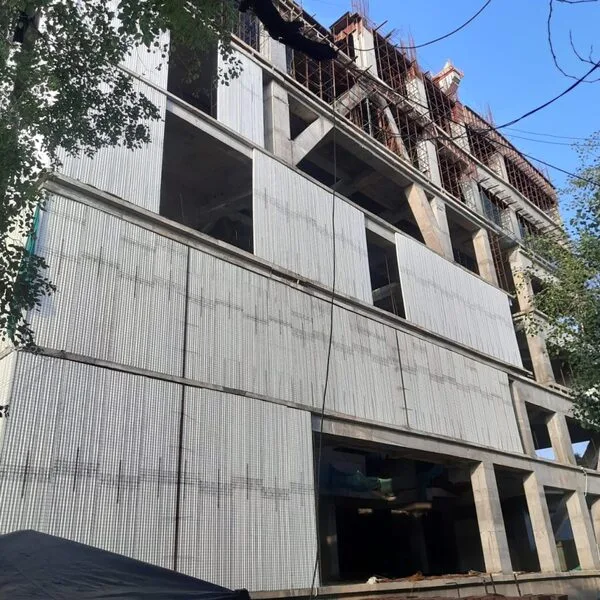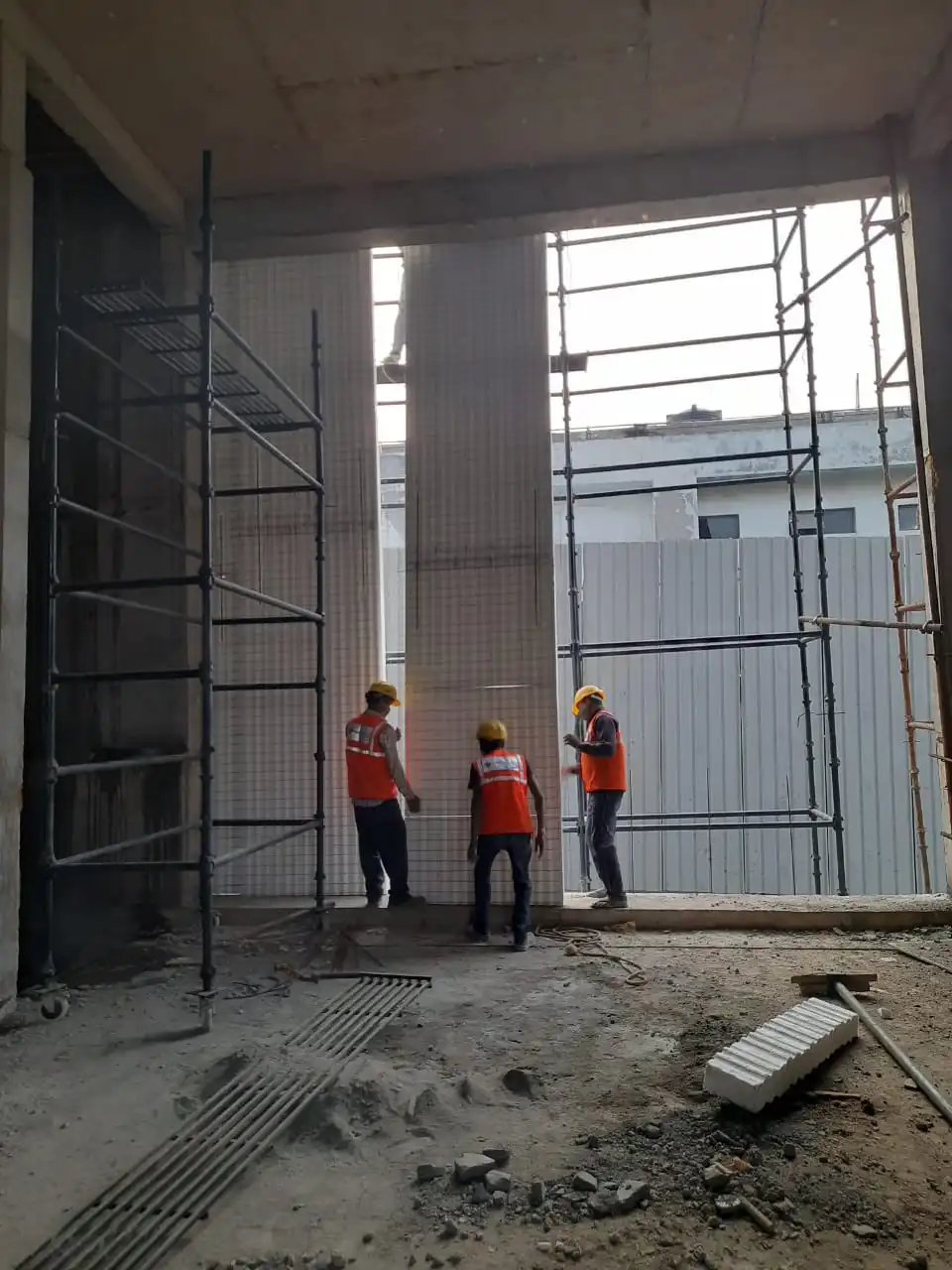EPS (Expanded Polystyrene) panel construction techniques have transformed the landscape of modern architecture, offering a seamless transition from design concepts to tangible structures. This innovative approach to construction streamlines the building process while delivering sustainable, efficient, and durable results.
Table of Contents
ToggleDesign Integration
One of the key strengths of EPS panel construction lies in its ability to seamlessly integrate design concepts into practical applications. Architects and designers can leverage EPS panels to bring their visions to life, creating structures that embody both aesthetic appeal and functional efficiency. The versatility of EPS panels allows for the realization of diverse architectural styles and building configurations, from sleek modern designs to traditional and vernacular structures.
Precision Manufacturing
EPS panels are manufactured with precision and consistency, ensuring uniformity in quality and performance across every component. Advanced manufacturing techniques allow for the customization of EPS panels to meet specific project requirements, including size, shape, and insulation properties. This precision manufacturing process minimizes waste and maximizes efficiency, contributing to sustainable construction practices.
Rapid Assembly
The prefabricated nature of EPS panels enables rapid assembly on-site, reducing construction timelines and labor costs. Unlike traditional building methods that rely on time-consuming processes such as bricklaying or concrete pouring, EPS panel construction involves the swift installation of pre-made panels. This accelerated construction process not only expedites project completion but also minimizes disruptions to surrounding environments and communities.
Structural Integrity
Despite their lightweight composition, EPS panels offer exceptional structural integrity and durability. The reinforced core of expanded polystyrene foam provides strength and stability, capable of withstanding various environmental conditions and external forces. Additionally, EPS panels exhibit resistance to pests, moisture, and mold, ensuring long-term performance and longevity for constructed buildings.
Sustainable Solutions
EPS panel construction techniques align with sustainable building practices, promoting energy efficiency, resource conservation, and environmental responsibility. The thermal insulation properties of EPS panels contribute to reduced energy consumption for heating and cooling, resulting in lower utility costs and carbon emissions. Furthermore, the recyclable nature of EPS materials minimizes environmental impact and supports the principles of circular economy.
In conclusion, EPS panel construction techniques offer a holistic approach to building design and implementation, seamlessly translating architectural concepts into functional realities. With their precision manufacturing, rapid assembly, structural integrity, and sustainable attributes, EPS panels represent a cornerstone of modern construction, shaping the future of architecture and urban development.


